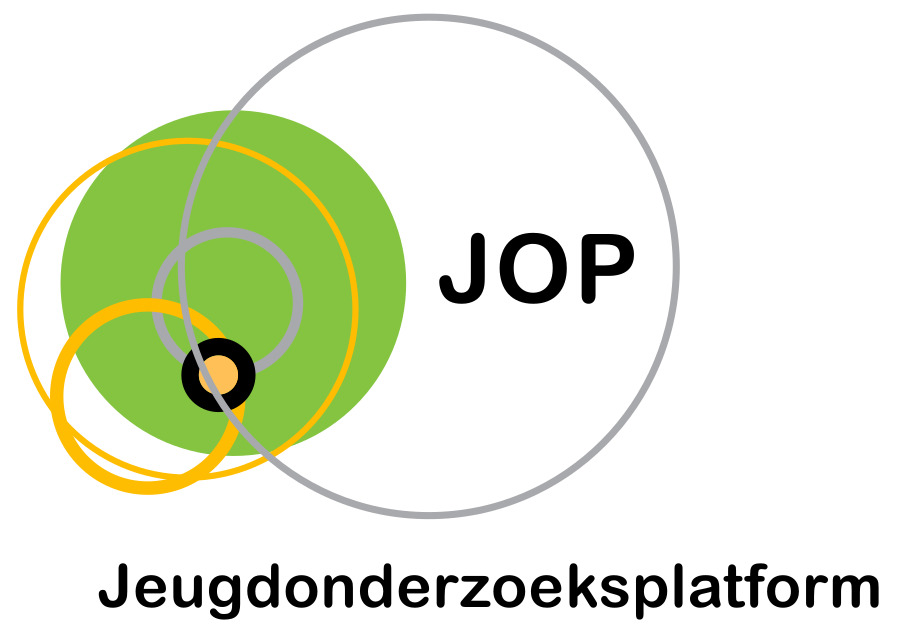Revealing the freedom of movement of youngsters in residential youth care: towards the creation of a socio-spatial citizenship climate
Auteurs
Remmery, M., Bourgonjon, L., Roose, R., & Roets, G. (2024

Abstract
Recent onderzoek toont de relevantie aan van een sociaal-ruimtelijk burgerschapsklimaat in de residentiële jeugdzorg om de focus te verschuiven van jongeren als objecten van zorg omwille van hun uitdagend gedrag naar jongeren als volwaardige burgers die betekenis geven aan de verschillende omstandigheden in hun dagelijks leven. Een sociaal-ruimtelijk burgerschapsklimaat erkent de synergie tussen residentiële jeugdzorg en de ruimere leefomgeving, aangezien residentiële jeugdzorg ingebed is in een ruimere leefomgeving waarin jongeren hun bewegingsvrijheid oefenen en ervaren door sociaal en fysiek te navigeren doorheen verschillende sociaal-ruimtelijke relaties, omstandigheden en pedagogische milieus. Gebaseerd op een kwalitatieve studie in een residentiële jeugdzorginstelling in Vlaanderen (het Nederlandstalige deel van België), onderzoeken we hoe residentiële jeugdzorg omstandigheden kan creëren voor jongeren om hun bewegingsvrijheid te realiseren als onderdeel van de ontwikkeling van een sociaal-ruimtelijk burgerschapsklimaat. Dit artikel bespreekt drie belangrijke bevindingen: (1) het creëren van lokale coalities en samenwerkingsverbanden, (2) het creëren van omstandigheden voor ruimtelijke toe-eigening en (3) het creëren van ruimte voor complexiteit en gezellige ontmoetingen. De bevindingen tonen aan dat het creëren van omstandigheden voor een sociaal-ruimtelijk burgerschapsklimaat een kritische en reflexieve sociale en pedagogische professionele discretie en oriëntatie vereist op verschillende niveaus van de organisatie.
Recent research shows the relevance of a socio-spatial citizenship climate in residential youth care to shift the focus from youngsters as objects of care due to their challenging behaviour to youngsters as citizens in their own right who give meaning to the various circumstances in their everyday lives. A socio-spatial citizenship climate acknowledges the synergy between residential youth care and the wider living environment, as residential youth care is embedded in a wider living environment in which youngsters practise and experience their freedom of movement by navigating socially and physically through different socio-spatial relationships, circumstances and pedagogical milieus. Based on a qualitative study in a residential youth care facility in Flanders (the Dutch-speaking part of Belgium), we explore how residential youth care can create circumstances for youngsters to realise their freedom of movement as part of the development of a socio-spatial citizenship climate. This article discusses three key findings: (1) creating local coalitions and partnerships, (2) creating circumstances for spatial appropriation, and (3) creating space for complexity and convivial encounters. The findings show that creating circumstances for a socio-spatial citizenship climate requires a critical and reflexive social and pedagogical professional discretion and orientation on different levels of the organisation.
Referentie
Remmery, M., Bourgonjon, L., Roose, R., & Roets, G. (2024). Revealing the freedom of movement of youngsters in residential youth care: towards the creation of a socio-spatial citizenship climate. EUROPEAN JOURNAL OF SOCIAL WORK, 1–13. https://doi.org/10.1080/13691457.2024.2440591
Taal
Engels
Publicatievorm
Tijdschriftartikel
ISBN – DOI
Trefwoord(en)
adolescenten, residentiële zorg, sociaal-ruimtelijk perspectief, levenswereldoriëntatie
